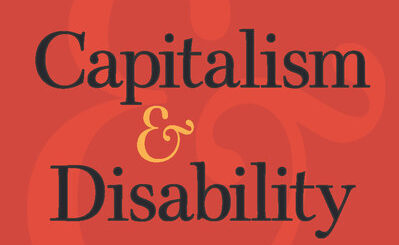
Can Wage Boards Work in America?
In recent years, labor activists have tried to summon one of labor’s legendary creatures — the wage board — to aid their cause. Unfortunately, reinvigorating tripartite institutions like wage boards is an uphill battle in the United States, given structural economic forces and institutional arrangements that constrain worker power. But two recent wage board iterations in Seattle and California may stand a fighting chance, both because of the organizational conditions that prevail in these jurisdictions, and because of board structures that provide workers the opportunity to exercise their voice and authority more meaningfully.





